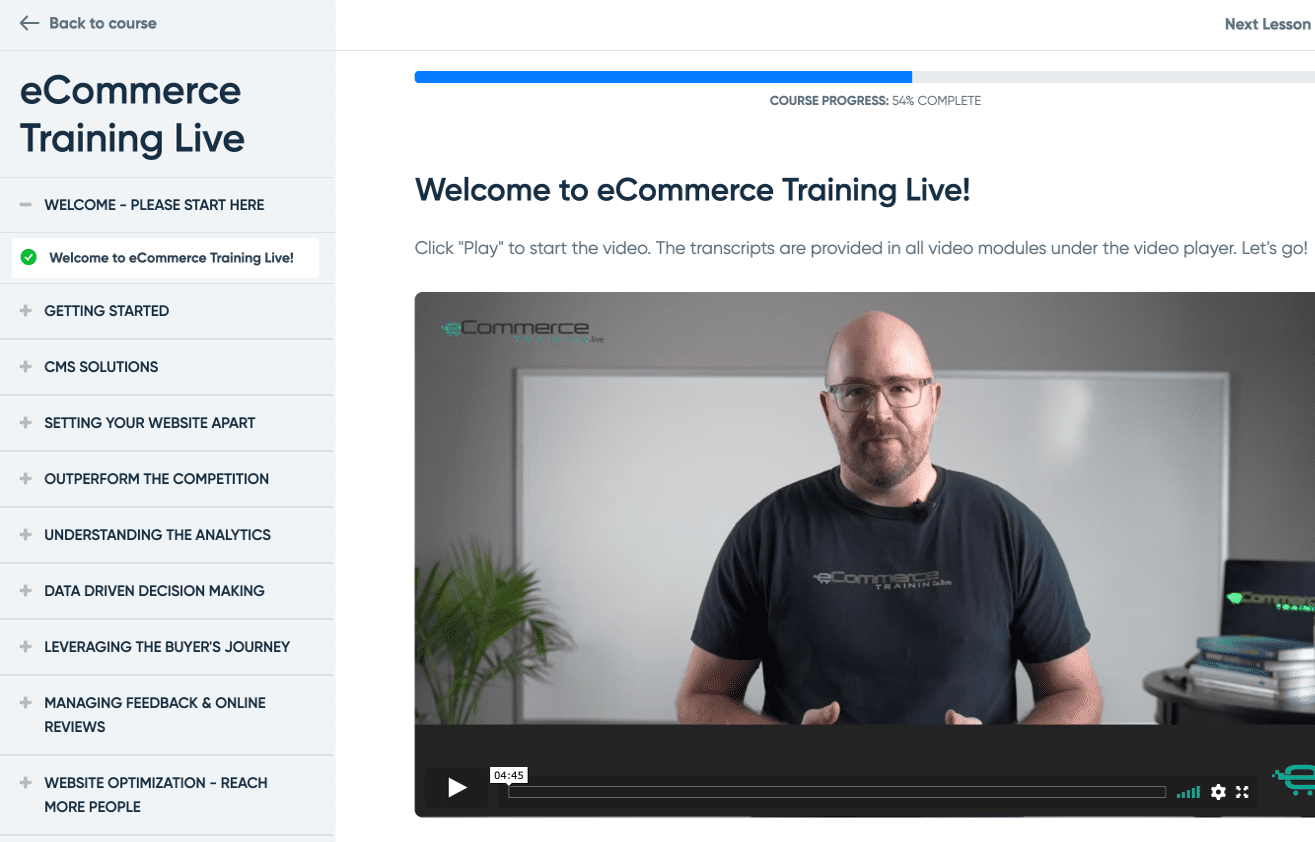Optimize Your Way to Ecommerce Success with Powerful SEO
Search engine optimization (SEO) has become a crucial element for the success of an ecommerce business. By optimizing your website and content, you can attract more visitors, increase engagement, and ultimately drive more sales. However, effective SEO is not a one-time effort; it requires continuous monitoring and adaptation to keep up with changing algorithms and consumer behavior. In this article, we will discuss six key strategies to optimize your ecommerce website for success.
Analyze Your Audience and Competition
Before you can optimize your website, you need to understand your audience and competition. Who are your target customers, and what are they looking for? What keywords are they using to search for products like yours? Analyzing your competition can also provide valuable insights into their SEO strategies and how you can differentiate yourself. Use tools such as Google Analytics, SEMrush, and Ahrefs to conduct thorough research and make data-driven decisions.
Optimize Your Website Structure
Your ecommerce website’s structure can significantly impact its SEO performance. A well-organized and easy-to-navigate website will improve user experience and keep visitors engaged. Ensure that your website is mobile-responsive, has a clear hierarchy, and uses descriptive URLs and headings. Additionally, optimize your images and videos by using alt tags and compressing files to improve loading speed.
Create Relevant and Engaging Content
High-quality and relevant content is essential for attracting and retaining visitors to your ecommerce website. Create product descriptions that are unique, informative, and optimized for search engines. Consider adding a blog section to your website to showcase your expertise and provide value to your audience. Ensure that your content is shareable and encourages social media engagement.
Use Targeted Keywords and Meta Information
Keywords and meta information can significantly impact your ecommerce website’s search engine ranking. Conduct keyword research to identify relevant and low-competition keywords to target. Use these keywords in your product titles, descriptions, and meta tags. Additionally, ensure that your meta description accurately describes your product and includes a call-to-action to encourage click-throughs.
Build Quality Backlinks
Backlinks are an essential element of off-page SEO and can significantly impact your website’s search engine ranking. Focus on building high-quality backlinks from authoritative and relevant websites in your industry. Consider creating shareable content or reaching out to bloggers and influencers to earn backlinks.
Monitor and Adapt Your Strategy Continuously
SEO is an ongoing process that requires continuous monitoring and adaptation. Use tools such as Google Analytics and Search Console to track your website’s performance and identify areas for improvement. Stay up-to-date with algorithm updates and trends in your industry and adapt your strategy accordingly.
Optimize Your Way to Ecommerce Success with Powerful SEO
SEO is a critical element for the success of an ecommerce website. By analyzing your audience and competition, optimizing your website structure, creating engaging content, using targeted keywords and meta information, building quality backlinks, and continuously monitoring and adapting your strategy, you can improve your website’s search engine ranking and drive more sales. Remember that effective SEO requires a long-term commitment and continuous effort to stay ahead of the competition.










